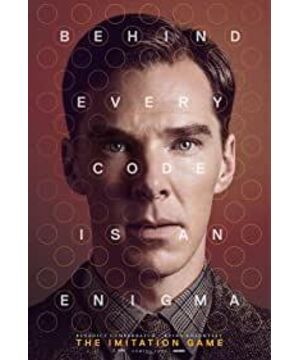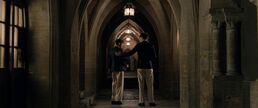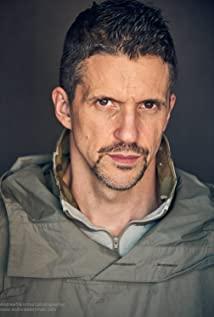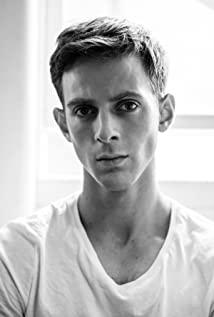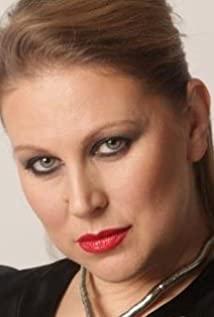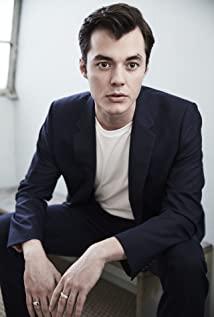Come on, let's make a little game first, you can try to answer, before watching this movie, what do we know about Turing?
The famous openly gay (but married), the famous Turing test and Turing machine, the famous Apple (Jobs once said: (the Apple logo comes from Turing) is not true, but how I wish it was true ), the famous crypto genius.
OK, these are enough. It's hard to find a more suitable archetype for a biopic than Turing, whose life is so legendary and so tragic that it's a bitter joke
.
And his character is so easy to be masked (nothing more than a weird genius who is not understood by the world), but in just 113 minutes, how much real Turing can we see?
Yes, not so much.
This film chooses the more convenient method of biopics: three parallel narratives, and chooses three more important points in his life: the first love in his youth, the deciphering of the German code Enigma during World War II, and the dictation of his arrest after the war. The main narrative is Turing's time at Brechley Manor (then the British Intelligence Deciphering Center).
Why, because it looks the best, yes, it looks good, the history of the crash is right in front of you, three young soldiers died in the war in one minute, the darkest and most dazzling page in modern history. However, these are far from his life.
But it is undeniable that the last few subtitles that I had brought me still made me cry for a full minute. I don't know if it was for the movie or for him. Maybe, it doesn't matter why. Some are fortunate that the director did not shoot the details of Turing leaving this world, so I am afraid that another pack of tissues will be used.
about truth
The biggest change in the film is that the machine, formerly known as bombe (the name of a dessert, comes from an early Polish deciphering machine: bomba, but because it is similar to bomb, generally translated as bomb) deciphering machine was changed to Christopher, the name of Turing's first love. Although it is more poignant and romantic, it is not Turan's original intention. But stories and historical facts cannot have both, and as a stalk that pokes tears, it is understandable.
Another point is that the real Turing is sloppy in life, and will always make a mess of the environment around him. A suit is almost impossible for him, but in the movie, Turing wears a proper The three-piece suit is clean and tidy, even meticulous, maybe because of the director's awe, or maybe it's just convenient for the fans to lick the screen, I don't know.
Finally, Turing came out to Clark on the second day of the proposal, and he really loved her, just without a body, not because of the relationship in the movie because he could continue to work. Although this change is small, it is a relatively large damage to Turing's not low emotional intelligence.
About running
Turing has loved running since his school days in Cambridge, a lonely and self-sufficient thing, and almost made it to the Olympics after the war.
To quote a passage from the book: He's not a very fast runner, and he's not very good looking (because he has flat feet), but he has to force himself to develop stamina. The movie does this very well.
Some people say about the apple
that Turing didn't kill himself by eating the cyanide-coated apple, but because his room was a terrible mess (even his mother agreed). Some people say that it was because Turing liked the story of Snow White since he was a child, especially the part where the apple was dipped in poison, but there was no prince to kiss him to wake him up.
The establishment and growth of every country will experience its dark times, and Turing's brain has left the times far behind, but the body cannot be separated.
On the whole, the film is too neatly shot, and whether or not it is deliberately to please Oscar, it is a well-established academic work. Some plot settings are too naive (such as Hugh and Turing's love and murder), and the so-called pattern is not obvious, which highlights the tragedy and adds autistic tendencies to Turing.
All of this makes the imitation game doomed to be a mediocre work, but if your impression of Turing is limited to the ones mentioned at the beginning like me, then this movie is still worth two. To meet a genius who changed the world at a young age.
from one and seven
View more about The Imitation Game reviews


